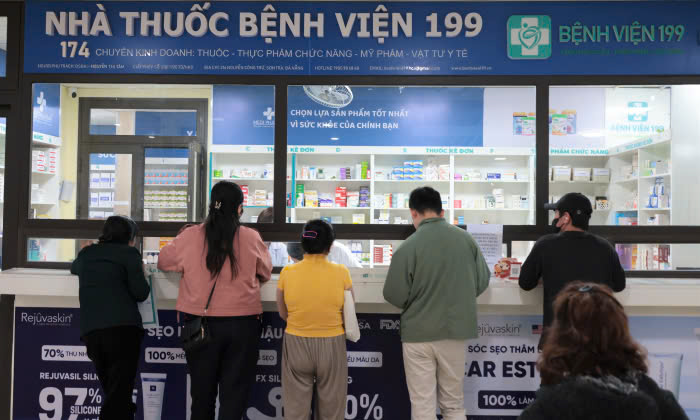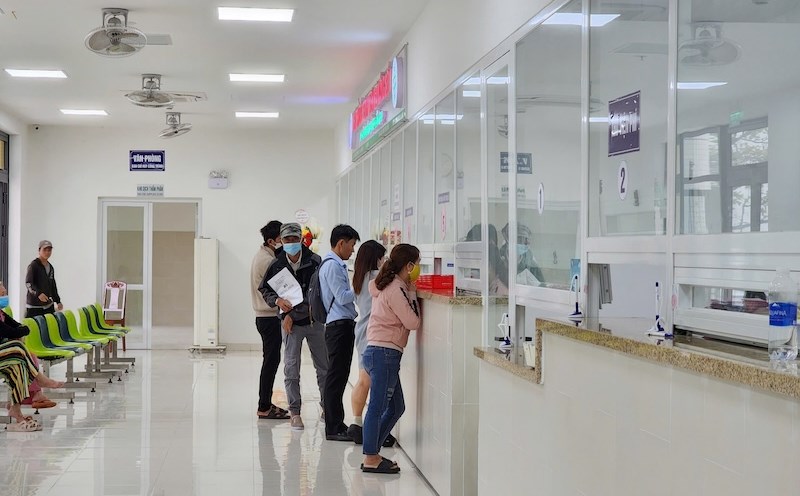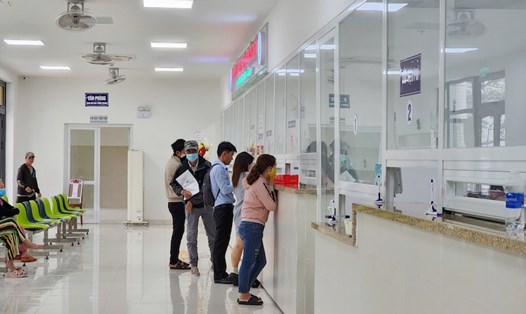Drug-induced tendinitis, especially fluoroquinolone antibiotics, glucocorticoids, statins, and aromatase inhibitors, can cause pain, inflammation, and even tendon rupture, leading to loss of motor function if not detected and treated promptly.

Risk factors
Risk factors for drug-induced tendinopathy include:
Old age (due to degeneration of tendon fiber cells)
Obesity and strenuous exercise
Underlying diseases (autoimmune diseases, kidney failure)
Taking two or more medications known to cause tendonitis.
Drugs associated with tendinopathy
Drug-induced tendinopathy is often associated with drugs such as fluoroquinolone antibiotics, long-term use of glucocorticoids, statin derivatives, and aromatase inhibitors. Specifically:
Fluoroquinolone antibiotics
Tendinopathy can occur with any fluoroquinolone, including ciprofloxacin, moxifloxacin, norfloxacin; at any dose or route of administration. The symptoms are usually acute, occurring as early as 48 hours, but have been reported to begin several months after stopping treatment. Fluoroquinolone-associated tendinopathy can be long-lasting, disabling, and irreversible.
Therefore, patients should stop using fluoroquinolones as soon as symptoms of tendinitis (pain, swelling, inflammation) appear and use alternative drugs. Patients should rest and avoid strenuous exercise.
Long-term use of glucocorticoids
Tendinopathy usually develops after at least 3 months of oral or inhaled glucocorticoid use. Note that long-term oral use carries a higher risk.
Patients with autoimmune diseases such as rheumatoid arthritis, systemic lupus erythematosus.
Statin derivatives
Tendinopathy can occur with any dose of statin. The onset is usually 8 to 10 months. Patients should discontinue statin therapy if tendinopathy is suspected. Tendinopathy may recur if statins are restarted.
Aromatase inhibitors
Tenosynovitis, especially of the hand and wrist, has been associated with the use of aromatase inhibitors such as anastrozole, letrozole, and exemestane. The time to onset may range from 2 weeks to 19 months. Patients with tendon problems and limited limb mobility should be closely monitored.
Some other drugs
Several other drugs have been reported to be associated with tendinopathy including: anabolic steroids, isotretinoin, and antiretrovirals (especially protease inhibitors).
Pharmacist Truong Thi Dieu Ngoc - Pharmacy Department, Hospital 199 (Ministry of Public Security) - recommends: "People (especially those at risk) need to pay attention to monitor symptoms and tendon diseases while using the drug. Must strictly follow the instructions of doctors and pharmacists. When there are unusual symptoms, go to a medical facility for examination and treatment, do not buy medicine for treatment on your own."












